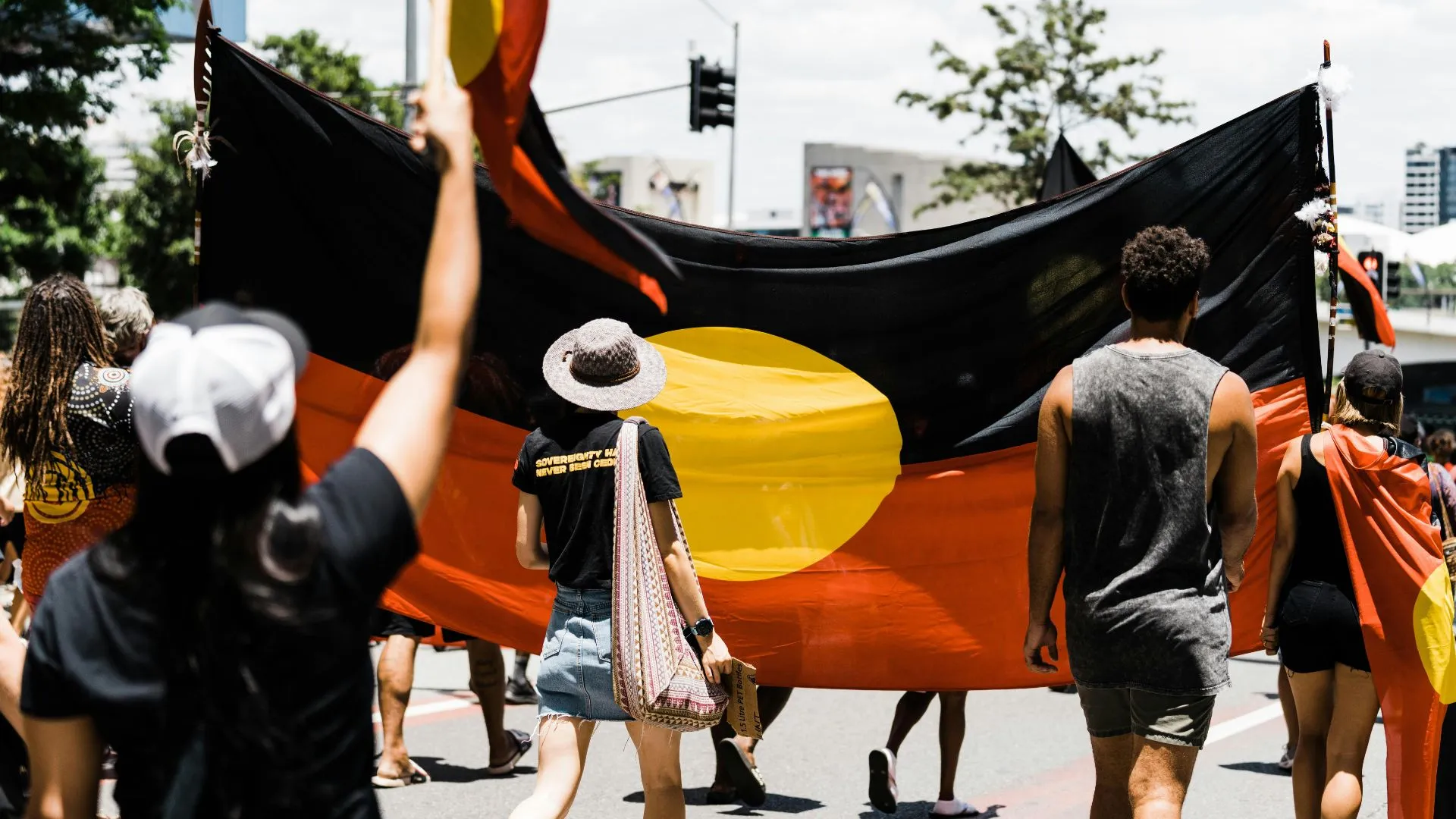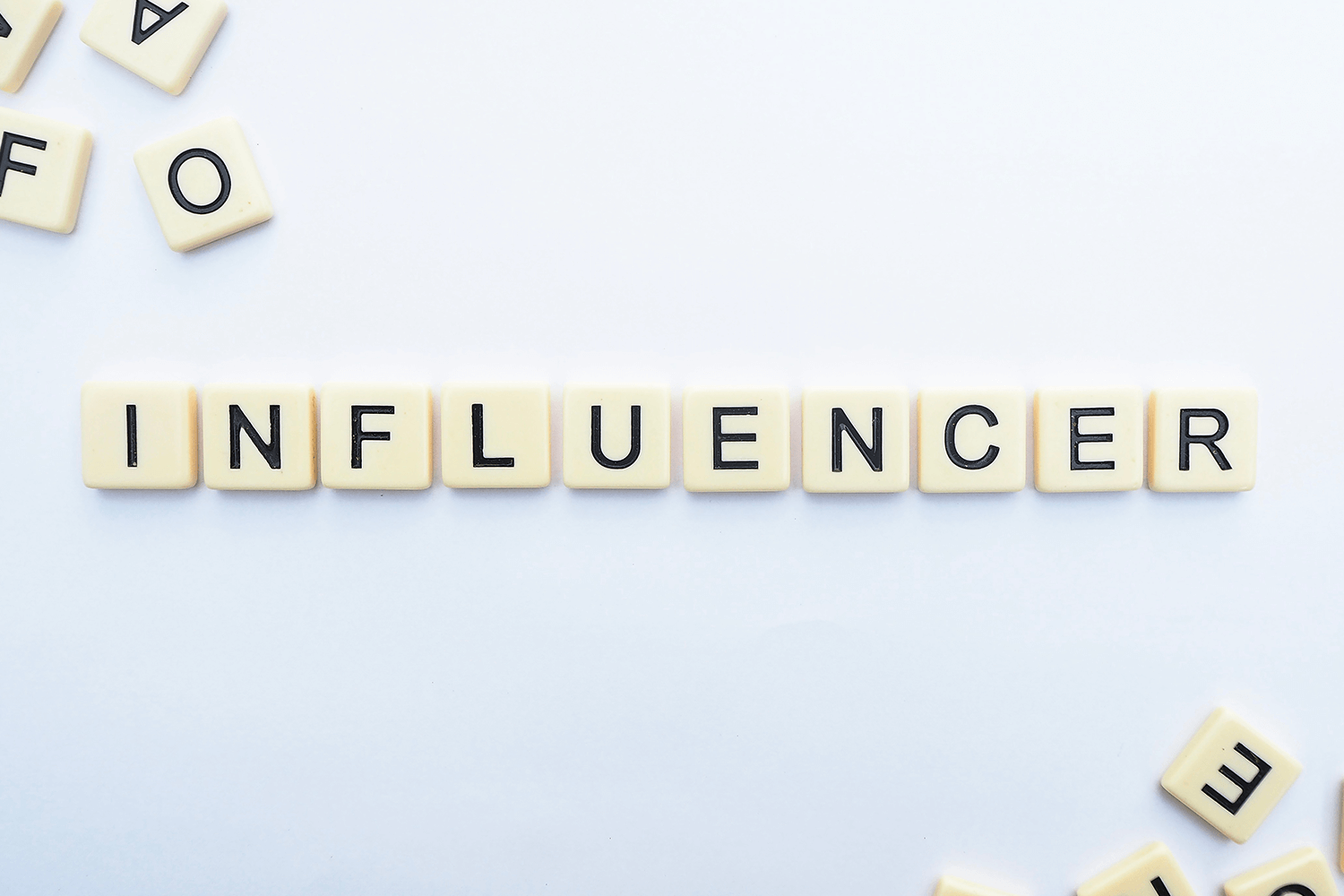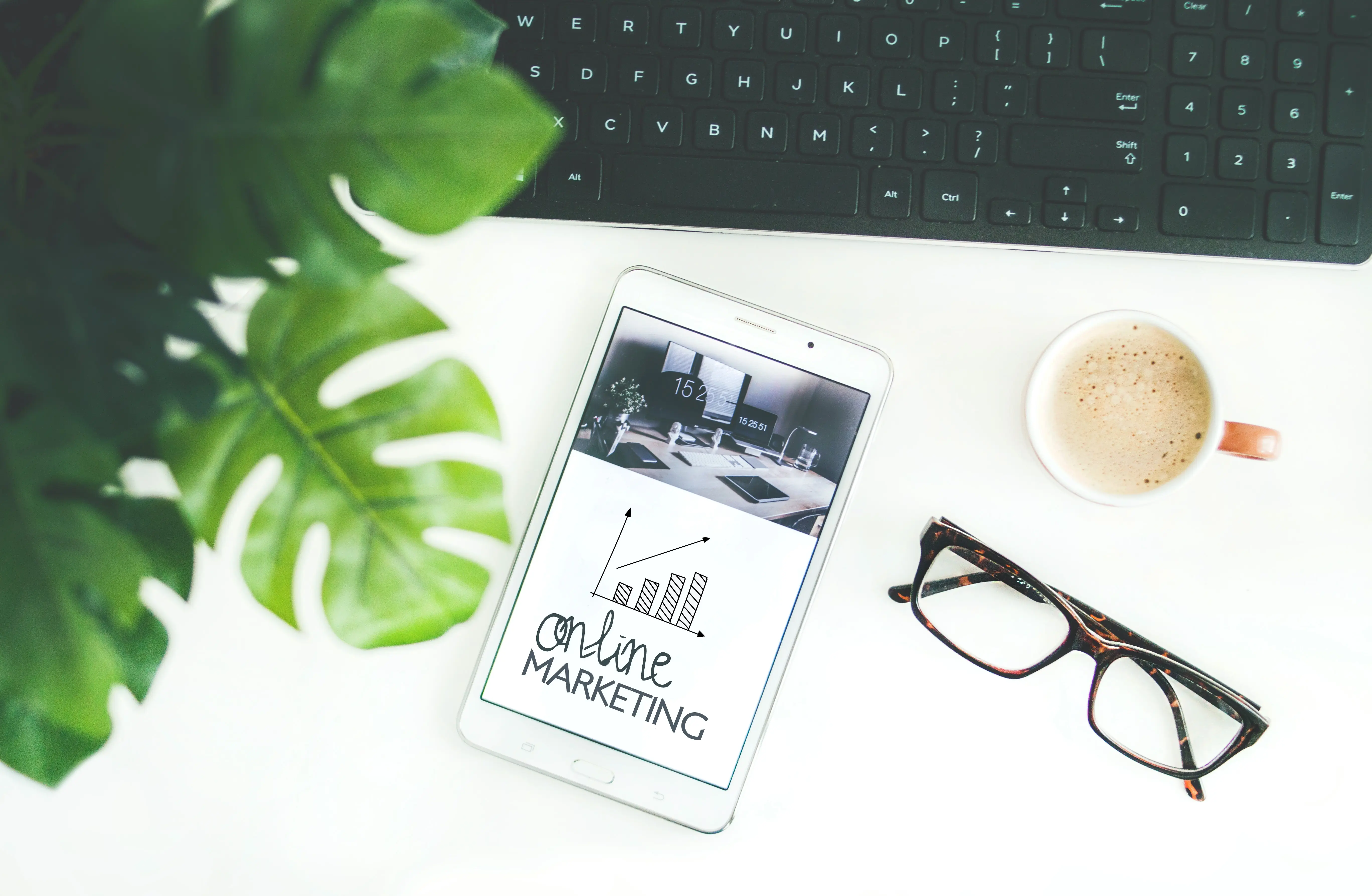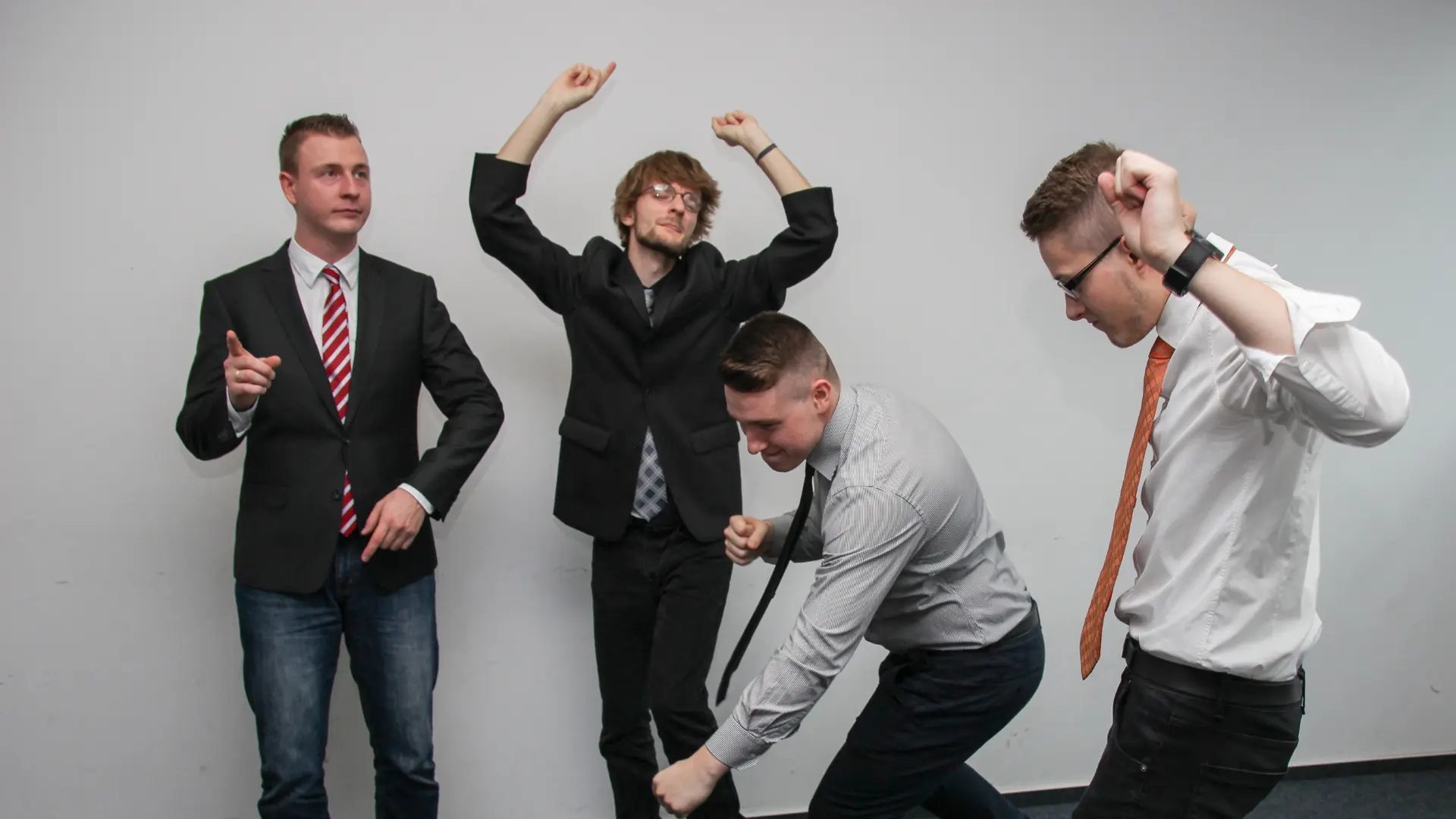Influencer Marketing: A Key to Successful Event Promotion
Influencers can be one of the best ways to increase exposure to your events, big or small. Here are some of our top tips.
You’re planning an event. You’ve got all the basics: your date, venue, entertainment, ticketing and logistics are all sorted. Now you need to start promoting your event to your intended audience. Who your event attendees are will dictate how you market your event, but one thing they all tend to have in common is that they are online in some shape or form.
Promoting your event online can be via websites, social media, email marketing and paid media marketing. In recent years, influencers have also become a powerful way to reach the right audience online by harnessing the power of influential people in your chosen industry.
What’s more, the credibility of influencers gives this method of marketing an edge over other digital marketing methods. Your event attendees are more likely to trust voices they follow than anonymous ads and faceless brand marketing.
Let’s take a look at leveraging the power of influencer marketing to drum up event ticket sales. It might not be as difficult as you think!
All You Need To Know About Influencer Marketing
- 1. What is influencer marketing?
- 2. What types of influencer are there?
- 3. Why use influencer marketing for events?
- 4. How to use influencers to market your event
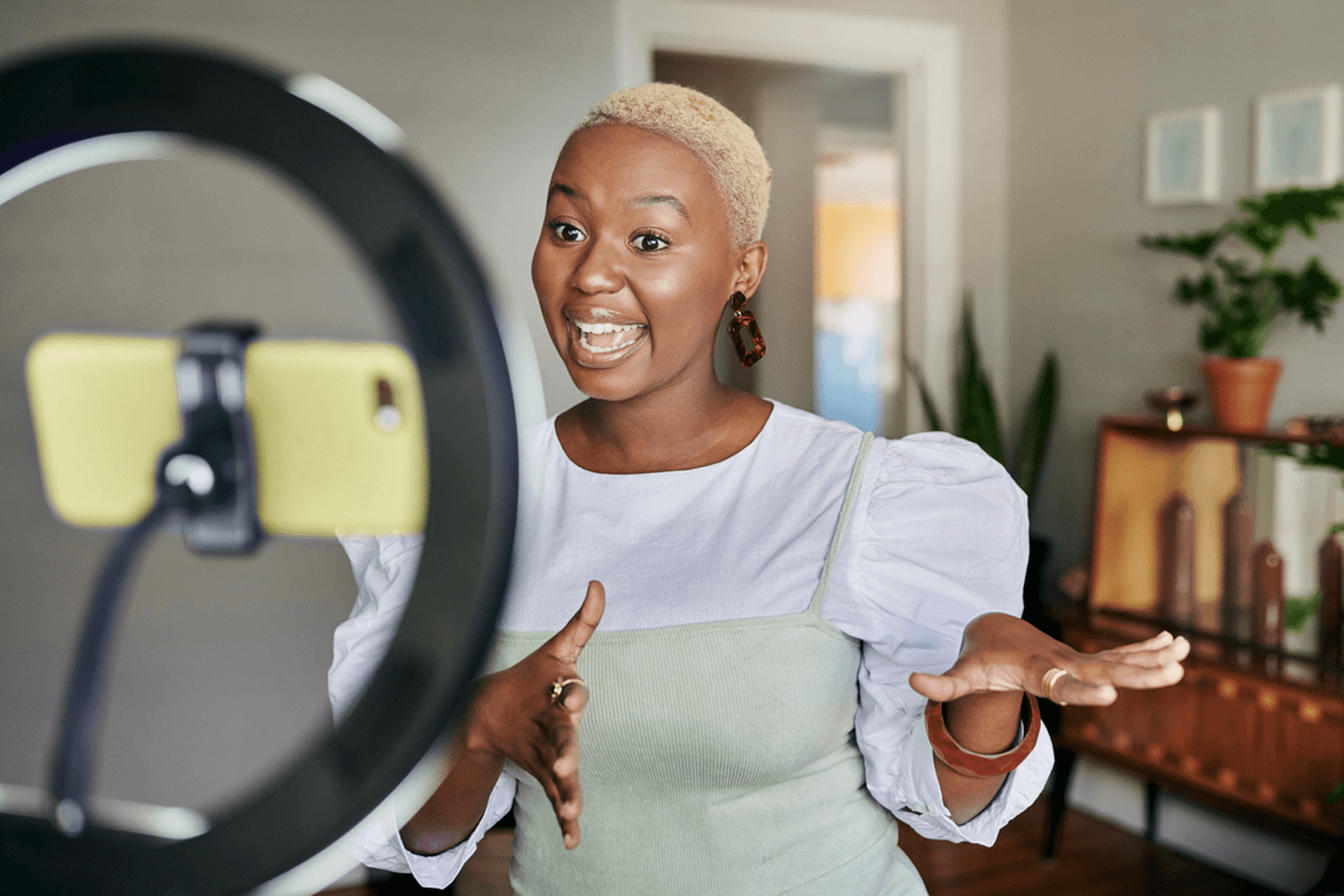
What is Influencer Marketing?
The Influencer Marketing Hub defines an influencer as someone who has, “the power to affect the purchasing decisions of others because of their authority, knowledge, position, or relationship with their audience”, and “a following in a distinct niche, with whom they actively engage. The size of the following depends on the size of his/her topic of the niche.”
Influencer Marketing is about generating endorsements from people with a dedicated following in a particular niche to promote your products, services or in this case, your event.
Historically, influencer marketing might have taken the form of celebrities promoting your event to their audiences on TV, as an example. Today however, influencers don’t have to be celebrities; in fact, they are often not famous at all, except to those that follow them.
Brands, businesses and companies want to work with these influencers as real-life representatives of what their own ethos, values and aims are because they add credibility and promote trust. But it is not simply a case of picking someone with a large following and paying them to promote your event; remember, influencers are influencers for a reason!
They rely on authenticity and have carefully grown their following by acting with integrity and building this trust. In order to work with an influencer for marketing your event, you need to be able to appeal to their own interests and ethos, and your aims need to align with their own.

What types of influencer are there?
There are different types of influencers which are defined by their audience size. The size and scope of your event will dictate the type of influencer you will want to work with and how much this type of influencer might cost. Influencer marketing tactics will depend on the size of the influencer’s audience - being aware of this will help you plan your influencer marketing campaigns effectively.
Nano influencers – Up to 10,000 followers
Nano influencers may only have a few thousand followers but for smaller events, local events and very niche events will find this type of influencer affordable and great for reaching a very specific audience. They tend to have a strong, loyal following and will provide a persuasive endorsement of your event. Nano influencers may generate posts for your event in exchange for freebies such as event tickets, discounts or may charge a small fee per post.
Micro influencers – 10,000 – 100,000 followers
Micro influencers will have a preferred channel, such as TikTok, Instagram or YouTube and will be great at generating engaging content about their field of expertise. Micro influencers will charge more per post than nano influencers and are more suited to larger, national events or event series.
Macro influencers – 100,000 – 1,000,000 followers
Macro influencers will usually have a media pack with set prices for social posts, reels, stories, image content and captions. The content produced by this type of influencer will probably cost in the thousands and will be calculated on the time it takes to generate, their average interaction rate and will take their conversion rate into consideration. Macro influencers require a large budget but will produce measurable results.
Mega influencers – 1,000,000 + followers
Mega influencers and celebrities will be most appropriate for high profile events such as stadium concerts, events with an international audience and events with a high turnover. Don’t underestimate how much budget to allow for this type of influencer. Much of the marketing they do will include brand awareness which can be hard to quantify but is invaluable to event organisers of large-scale events.
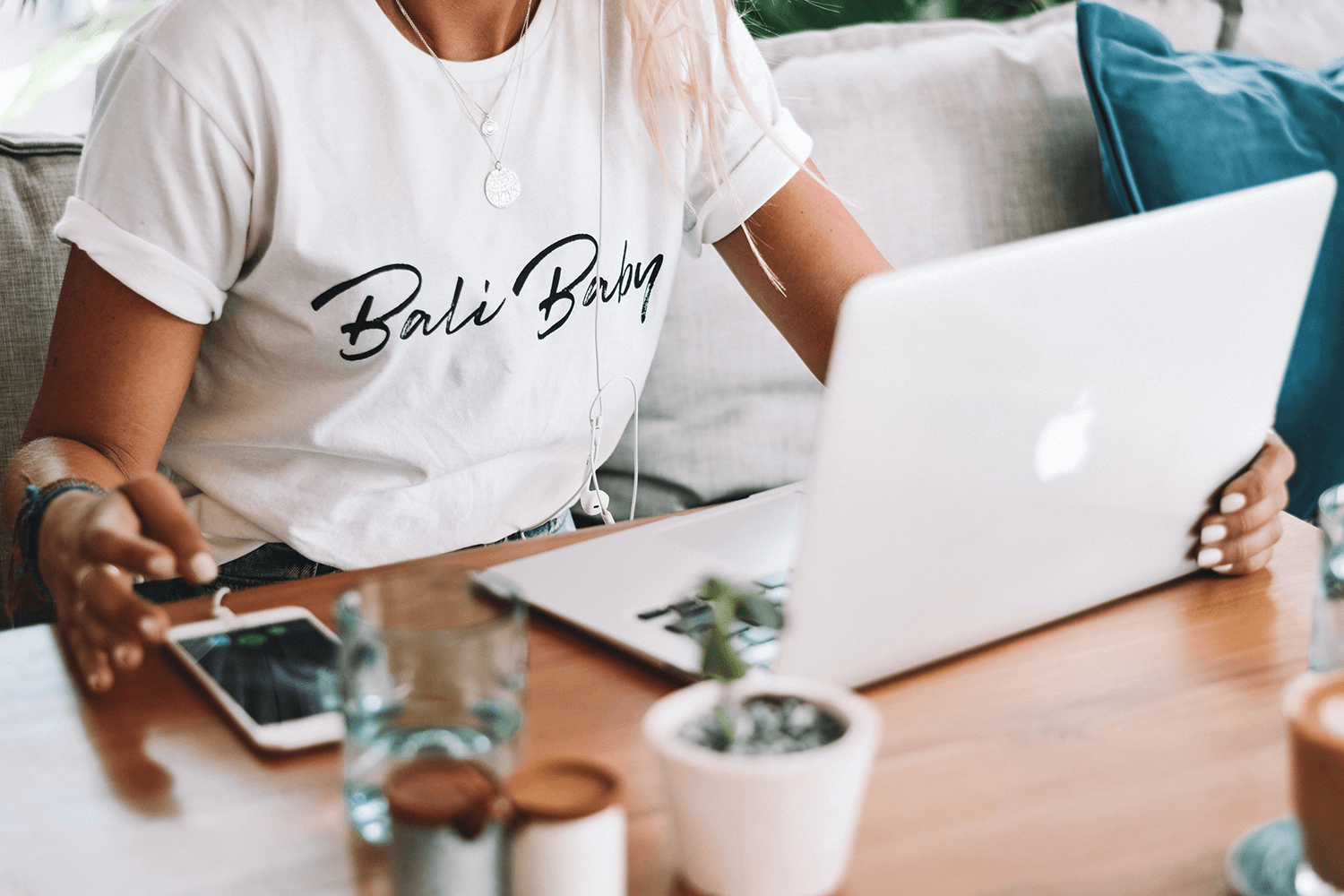
Why Use Influencer Marketing for Events?
It is estimated that the global influencer market is worth around $21.1bn US dollars in 2023, having tripled from 2019. This shows how powerful a tool influencers are for reaching audiences of all sizes for your events.
Through creating relevant, engaging and exciting content, influencers build a relationship with their audience. Their audience trust their opinions and insights. Working with an influencer allows you to tap into this relationship, but only if your event is the type of event that the influencer would be interested in. For example, if you are planning a music festival, working with the artists is in the best interest of both you as the event organiser and the musicians who want to share their music with as many people as possible.
Looking for influencers who share an interest in the type of event you are promoting, will allow you to reach an engaged and relevant audience that are more likely to want to book tickets to your event.
Follow the simple steps below to get started channelling the power of influencer marketing and boost ticket sales for your next event.
1. Define your objectives
As with any marketing, it is important to think about what you want from your campaigns and how you will measure success. Are you looking to hit a certain ticket sales figure? Do you have ticket sales deadlines you want to work to?
Your objectives will help you come up with a realistic budget, which will then dictate how much you can spend on your influencer marketing strategy and therefore how your influencers will best achieve the objectives you have decided on. Make it clear what you are hoping to achieve from your collaboration and also make sure you understand what they want to get out of it.
Having a clear and concise agreement in place will ensure mutual trust and give you the best chance of event success. Reward for social marketing influencers will either involve monetary payment, or it might involve VIP access to your event, event tickets, a stand at the event, freebies, vouchers or mentions. The size of the influencer will determine what you might expect to pay them.
2. Find the right influencers
Influencers might have a preferred media channel, or they might produce content across a range of different channels. Depending on the industry they’re an expert in, their audience size across these channels will differ and be dictated by the size of the niche they influence.
Start by identifying your target audience. Chances are this audience will have particular influencer marketing platforms they frequent. Younger event goers will be more likely to use TikTok for example, whilst Facebook is more popular with older demographics.
Once you know who you want to target, research influencers in this space carefully. Before reaching out to anyone, you’ll want to make sure that their following are the right people for your event and that your event is the right one for their following; otherwise, it’s a waste of time and money!
Be aware that nano influencers and micro influencers might be more effective than macro influencers as their audience, whilst smaller, is more likely to engage with their posts which is great when you’re looking to drum up interest in your events. Get in touch with your chosen influencer to introduce yourself and set up a meeting so you can discuss what you want to achieve, how you want them to help and what they will get out of it.
3. Decide your marketing plan
Working closely with your chosen social influencers, put together a plan of your marketing strategy. This should include how many posts you want, how often posts will be made, what content you have agreed on, including:
- Whether this should be images or video
- What your captions should say
- Your ticket sales links
- How any follow up interactions will be carried out
Think about how your influencers will build interest before your event, how they will post during the event and what content they’ll put out afterwards. All of this will have an impact on interest in your event both for this event and any future events you plan.
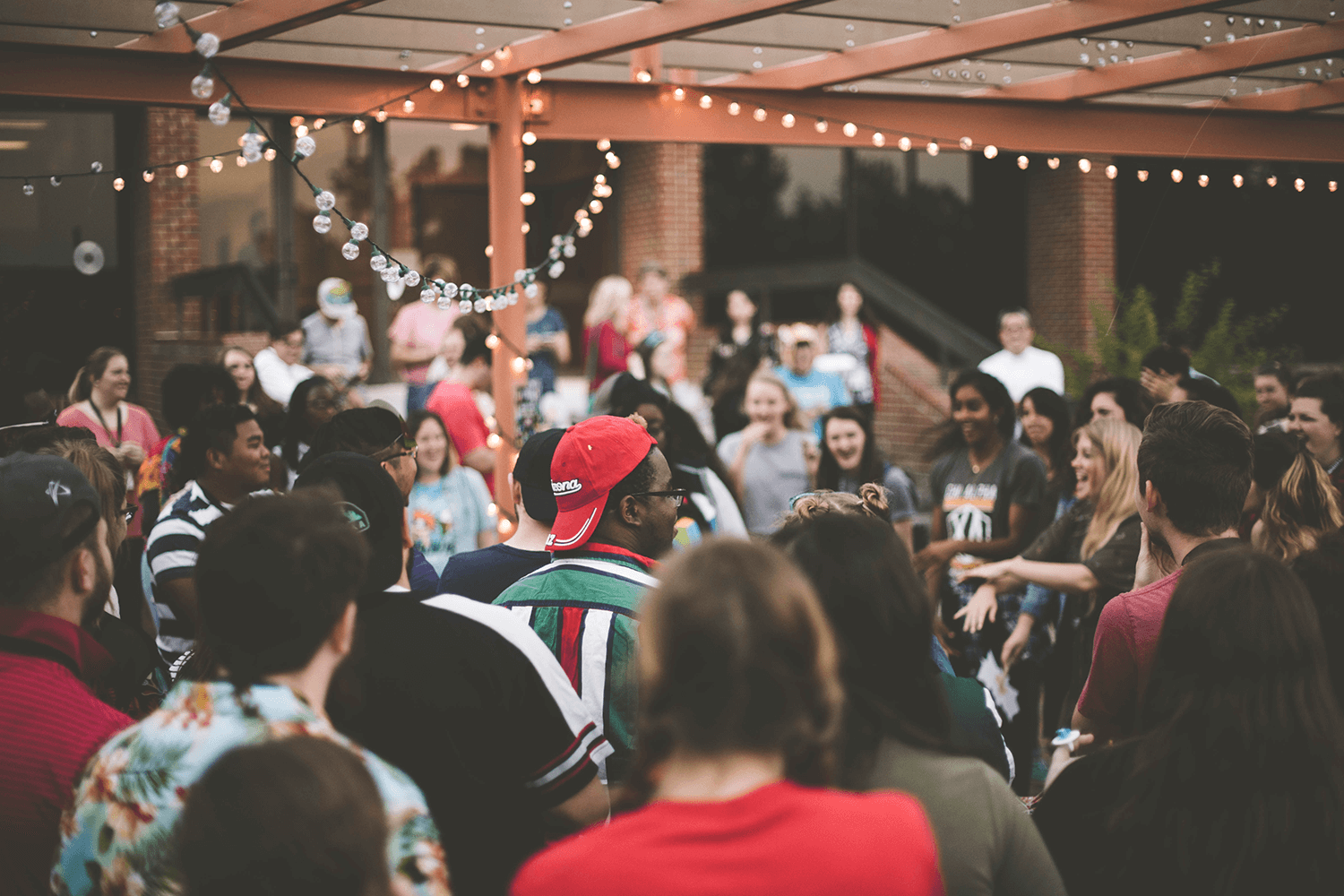
Influencer marketing may be a new field in the world of promoting your event, but over recent years it has grown increasingly useful.
Don’t forget:
📺 Choose influencers that use the same platforms as your target audience and are relevant to your event.
💷 Size doesn’t equal success – nano and micro influencers may be more effective.
🔎 Influencers don’t just boost ticket sales – they can boost awareness for the future.
Looking to learn more about marketing your event? Check out our detailed guides on using social media platforms to promote your event:
- How to Market Your Event on TikTok
- How to Market Your Event on Instagram
- How to Market Your Event on Facebook
Ready to get started? Create your account on TryBooking today.
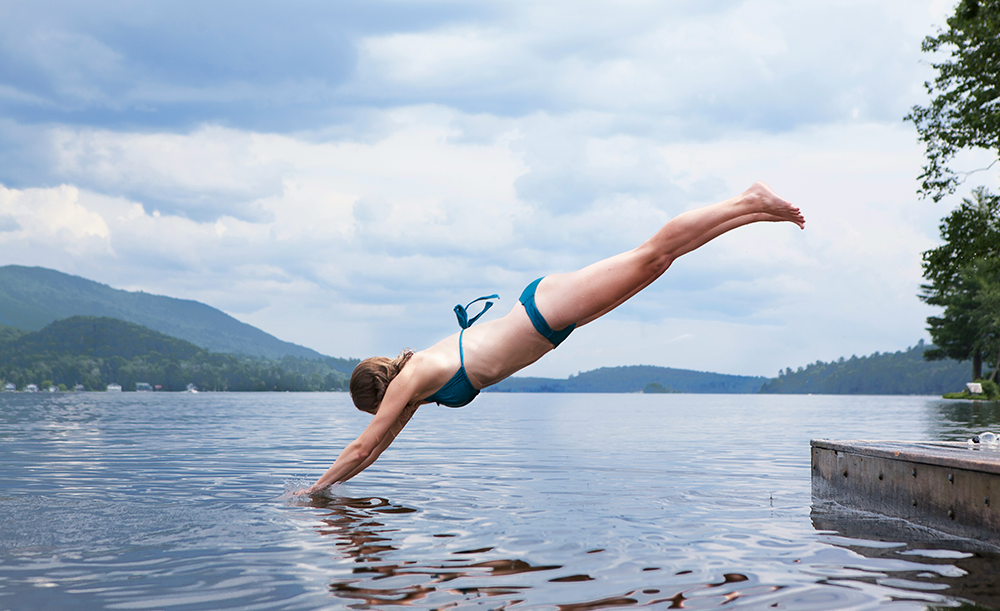
How TryBooking Helps Sporting Clubs and Camps
Jul 24, 2024 · 1 min read